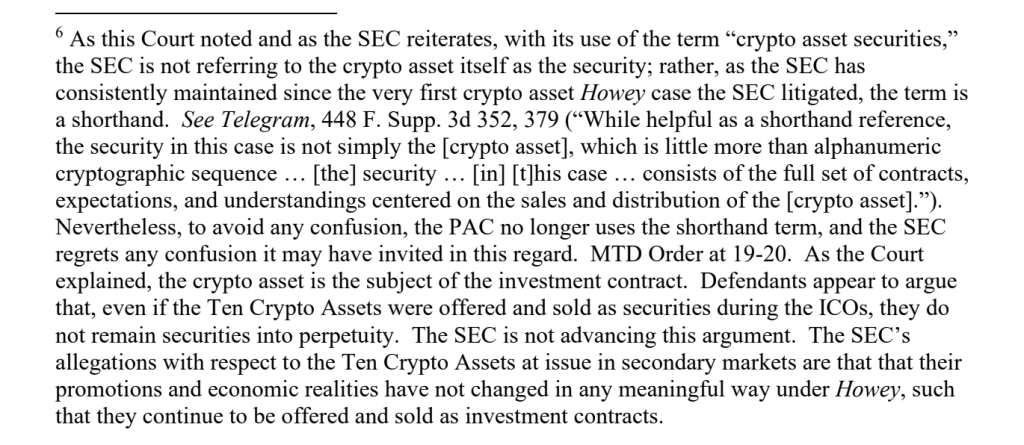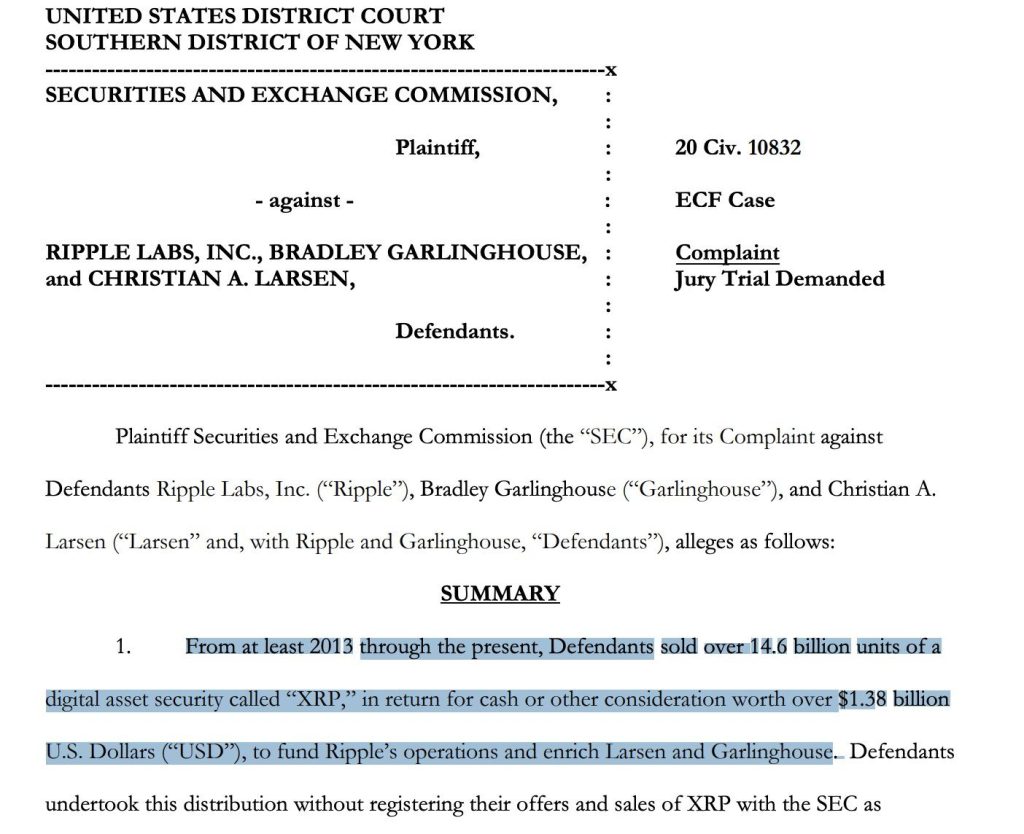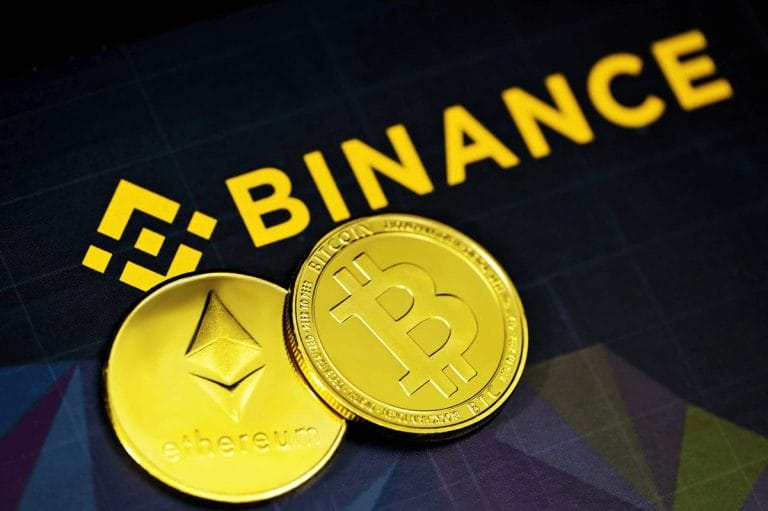Last updated:
 Why Trust Cryptonews
Why Trust Cryptonews

The U.S. Securities and Exchange Commission (SEC) has come under intense scrutiny for its approach to regulating cryptocurrencies, particularly regarding its characterization of digital tokens as “crypto asset securities.”
The SEC recently acknowledged that its use of the term “securities” was not meant to imply that the tokens themselves are securities. This admission, outlined in a footnote of its amended complaint against Binance, has sparked criticism and raised questions about the SEC’s regulatory clarity and consistency.
The SEC’s longstanding stance has involved pursuing crypto companies for allegedly dealing in unregistered “crypto asset securities.” However, in its latest filing, the SEC clarified that the term was merely a “shorthand” for the entire context of contracts, expectations, and understandings surrounding the sales of such assets, not the assets themselves.

The agency further stated that it has always maintained this position, referencing past cases, such as the one against Telegram. Despite this, the SEC admitted it would cease using the term “crypto asset securities” in this manner going forward, expressing regret for any confusion caused by its terminology.
SEC Shifted Position on Crypto Assets: “The SEC Regrets Any Confusion It May Have Invited”
The SEC’s reversal emerged during its ongoing legal battle with Binance. The regulator accused the crypto exchange of multiple violations of U.S. securities laws, including the unregistered offering of what it referred to as “crypto asset securities.”
The SEC continues to expand its allegations while simultaneously retreating from its previous broad application of the term “securities” to digital tokens.
In the amended complaint filed on September 12, 2024, the SEC emphasized that its use of the term did not specifically label the assets as securities but was intended to describe the broader framework of related agreements and investor expectations.
Many in the crypto industry have not received this nuanced shift well. Critics argue that the SEC’s previous actions, including its pursuit of Ripple and its classification of XRP as a “digital asset security,” contradict the agency’s latest statements.

Paul Grewal, Coinbase’s Chief Legal Officer, noted the inconsistency in a social media post. He highlighted that the SEC’s amended complaint against Binance includes a regretful acknowledgment of the confusion over the term “crypto asset securities.”
He questioned the SEC’s previous regulatory approach, accusing the agency of misleading the courts and the public with its enforcement actions.
Stuart Alderoty, Chief Legal Officer at Ripple, also criticized the SEC’s change in stance.
He pointed out that the SEC’s acknowledgment essentially confirms that “crypto asset security” is a fabricated term and that the agency’s need to prove a “crypto asset security” involves demonstrating a collection of “contracts, expectations, and understandings.”
Alderoty likened the SEC’s actions to a “twisted pretzel of contradictions,” calling for greater transparency and consistency in how the agency defines and regulates digital assets.
Are Binance and Other Companies Free Now?
The SEC’s lawsuit against Binance, which originally included allegations that the exchange facilitated the sale of unregistered securities, has been a focal point of regulatory contention.
In July 2024, the SEC indicated its intention to amend its complaint to remove the court’s need to rule on the securities status of specific tokens at that stage.
Some saw this move as a strategic adjustment by the SEC to strengthen its case without the immediate hurdle of proving each token’s classification under the Howey test—a legal standard used to determine what constitutes a security.
The latest amendments to the complaint involve adding more tokens to the list of alleged unregistered securities, including Cosmos Hub, Axie Infinity, and Filecoin, which now further intensify the case against Binance.
Despite the recent admission of its ambiguous terminology, the SEC continues to work to enforce securities laws within the crypto industry.
The SEC has continued to cite violations based on its established criteria, even as it faces backlash from industry leaders who argue that the regulatory framework is ill-suited to digital assets’ unique attributes.
Alongside the legal challenges facing Binance, the SEC has pursued other enforcement actions, including settlements with financial services company eToro, in which they paid a $1.5 penalty for dealing unregistered crypto asset securities.
SEC Chair Gary Gensler has been a central figure in this regulatory approach, often asserting that most cryptocurrencies qualify as securities and should, therefore, be subject to SEC oversight.
Gensler’s stance has attracted criticism from the crypto community, with many arguing that the current regulatory framework does not accommodate the decentralized nature of digital assets.
His actions have also drawn political scrutiny, with allegations of politically motivated hiring practices adding to the controversy surrounding his leadership.
Binance and its co-defendants are preparing to respond to the SEC’s amended complaint by October 11, 2024. The case represents a critical juncture for the future of crypto regulation in the U.S.




